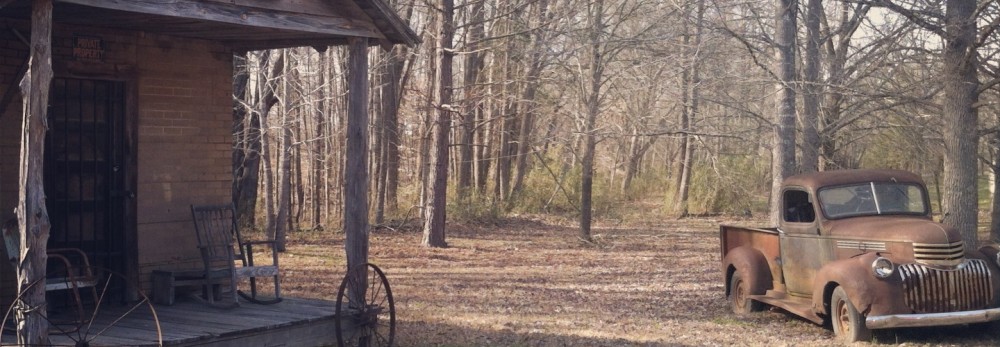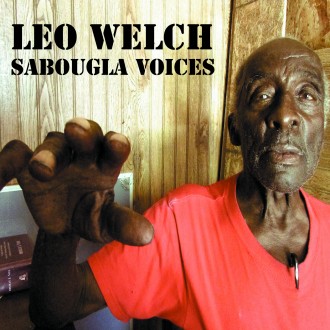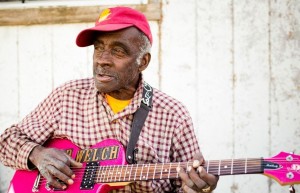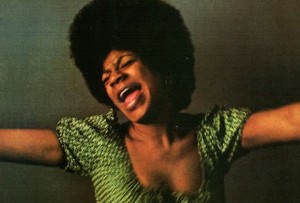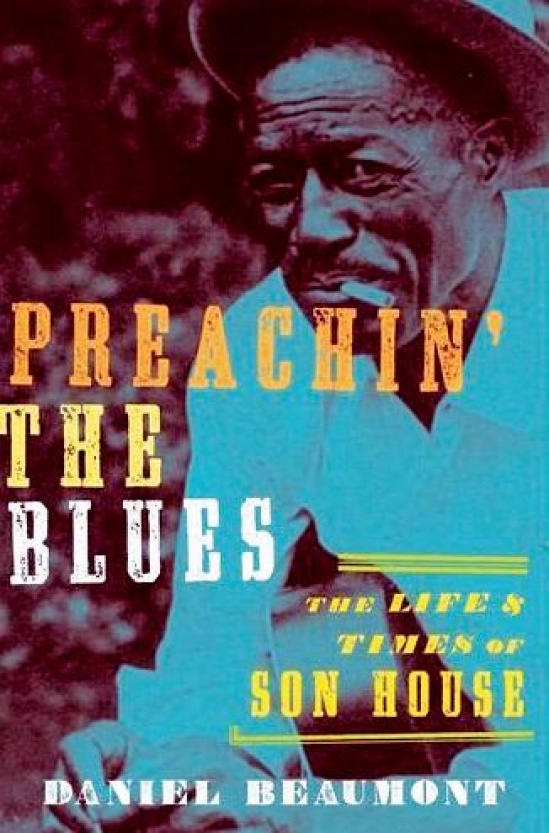Similar Artists: Junior Kimbrough, R.L. Burnside, Lightnin’ Hopkins
The Beginning: Fat Possum Records and Hill Country Blues
In 1992 a small indie label called Fat Possum Records gave the American Blues scene a much needed kick-in-the-ass when they released the debut album from 62 year-old Bluesman Junior Kimbrough. Entitled ALL NIGHT LONG, the record was met with rave reviews from both critics and Blues fans and gave Kimbrough some well deserved national attention. Shortly after the success of the Kimbrough record Fat Possum also started having success with another one of their artists, R.L. Burnside. Like Junior Kimbrough, R.L. Burnside was in his 60’s a resident of the Mississippi Hill Country and a master of a style of music called “Hill Country Blues”. Different than the well known Delta Blues style, Hill Country Blues focuses more on creating a groove and sometimes features other instruments such as Drums. With both the Kimbrough and Burnside records receiving some good press, Fat Possum began recording other Hill Country Blues musicians. Unfortunately the label quickly ran into the problem that many of the musicians they recorded were usually older and in very poor health. Sadly, many of them died before or shortly after their album got released. Down but not out Fat Possum Records kept plugging along and in 2000 they released a record by a 59 year-old construction worker named Robert Belfour.
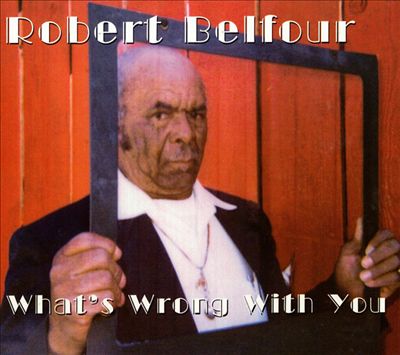 Fat Possum and Mr. Robert Belfour
Fat Possum and Mr. Robert Belfour
Robert Belfour was born in 1940 in Red Banks, Mississippi. Growing up in the Hill Country, he was surrounded by music and learned to play the guitar by watching his father play. As his interest in the guitar grew he began performing for friends and family at picnics. He continued his musical education by watching local legends like Othar Turner and Junior Kimbrough who both lived in the area and regularly performed at parties and in local Juke-Joints. Unfortunately when Robert was just 13 years old his father passed away and he was forced to get a job in order support the family. Then in 1959 Robert got married and moved to Memphis, Tennessee. He worked in construction for the next 35 years and only played music when he had time. In fact, it was until the late 80’s when he really began to take music seriously again. His first real break came in 1994 he was featured on the compilation album THE SPIRIT LIVES ON, DEEP SOUTH COUNTRY BLUES & SPIRITUALS. The recordings he contributed to the record got the attention of Fat Possum Records and in the year 2000 the label issued his debut album WHAT’S WRONG WITH YOU. A dark-acoustic record, WHAT’S WRONG WITH YOU showcased Roberts percussive guitar work and rich deep voice. The album featured a mixture of originals and covers, many of which had been made popular by other Hill Country Blues musicians. The album was a success with many Blues enthusiasts and introduced Robert to an international audience.
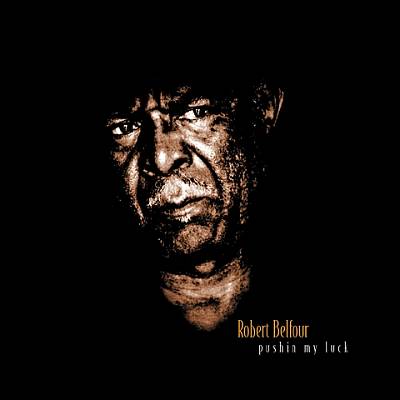 In 2003 Robert released his second album on Fat Possum, the humorously titled, PUSHIN’ MY LUCK. Like it’s predecessor, the album was primarily acoustic and pleased both fans and critics. Internationally, Robert’s popularity grew and he started to play a number of European Blues festivals. Back in the states, Robert kept his home in Memphis and continued to be a regular performer on the Juke-Joint scene in Clarksdale, Mississippi. A dynamic performer into his 70’s, Robert’s shows would usually last late into the the night and sometimes be as long as three hours! Unfortunately, all good things must come to an end. Robert Balfour passed away at his home in Memphis on February 25, 2015. Fortunately for us (and thanks to the good folks at Fat Possum Records) his recordings are still readily available and can be found on iMusic, Spotify, Amazon, and at your local record store.
In 2003 Robert released his second album on Fat Possum, the humorously titled, PUSHIN’ MY LUCK. Like it’s predecessor, the album was primarily acoustic and pleased both fans and critics. Internationally, Robert’s popularity grew and he started to play a number of European Blues festivals. Back in the states, Robert kept his home in Memphis and continued to be a regular performer on the Juke-Joint scene in Clarksdale, Mississippi. A dynamic performer into his 70’s, Robert’s shows would usually last late into the the night and sometimes be as long as three hours! Unfortunately, all good things must come to an end. Robert Balfour passed away at his home in Memphis on February 25, 2015. Fortunately for us (and thanks to the good folks at Fat Possum Records) his recordings are still readily available and can be found on iMusic, Spotify, Amazon, and at your local record store.
